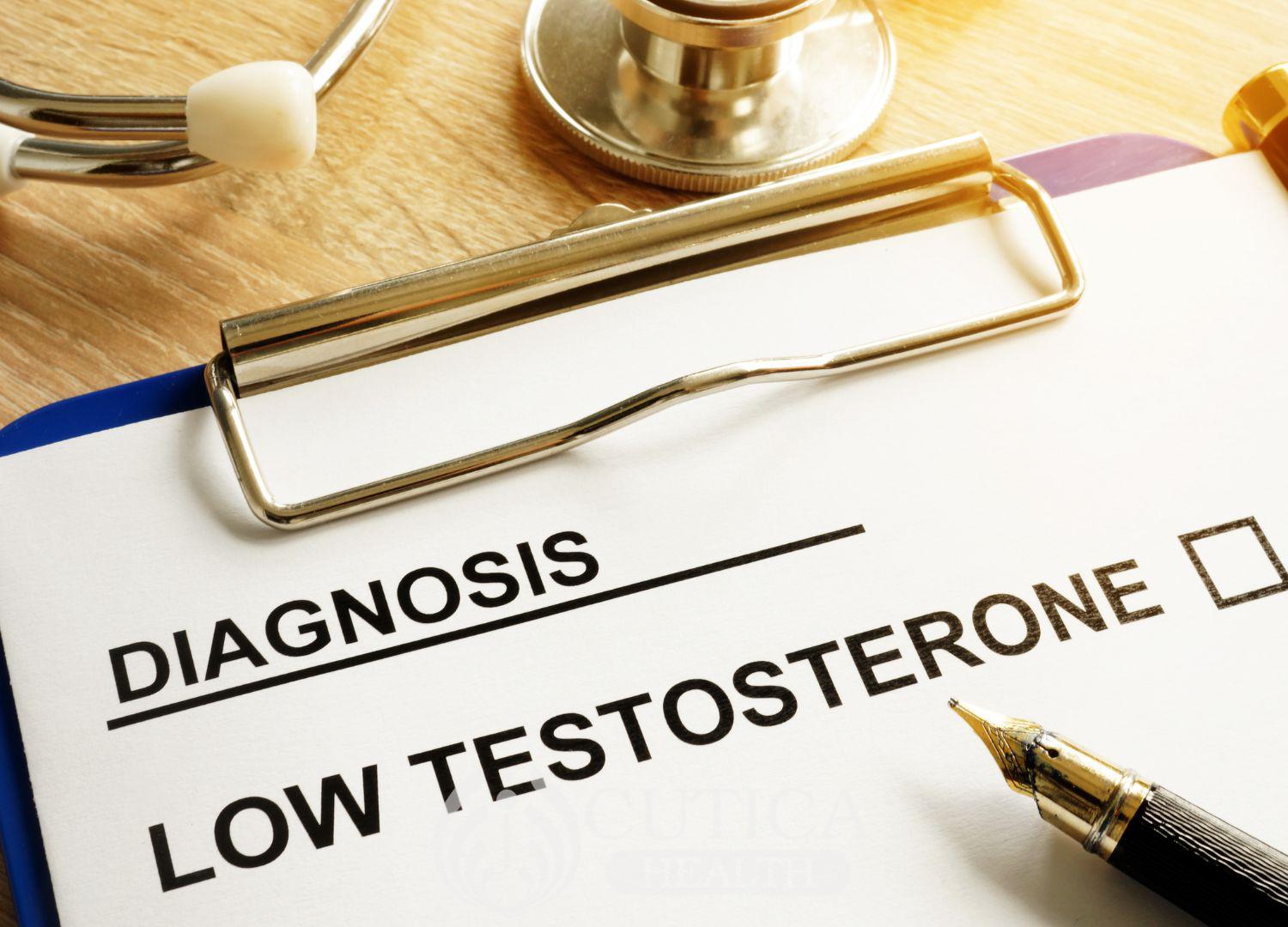
“Doctor, please help me. I feel ashamed. All my life, I had myself preserved for my wife, and on our first night, the most embarrassing thing happened– I lasted just a minute. My wife said it was fine since it was the first time, but the same thing has been happening for a month now. I need you to help me,” Jimmy pleaded.
Premature ejaculation
According to research, normal ejaculation occurs after 4 to 8 minutes of sex. When ejaculation occurs under or within a minute or shorter than a couple desires, it is called premature ejaculation.
Ejaculation is the expulsion of semen from the body during orgasm. Semen contains the sperm cells that fertilize an egg in the female reproductive organ. For many couples, they want to enjoy the pleasure and intimacy of sexual intercourse, but premature ejaculation could cut short this desire.
Premature ejaculation raises major medical concerns as it places an emotional burden on affected men and leaves them with a feeling of shame. Some affected men also experience anxiety and low self-esteem. It is different from erectile dysfunction, which is inability to have or maintain an erection strong enough for sex. Some men have both premature ejaculation and erectile dysfunction

Apart from the affected men, their sexual partners also experience emotional stress, which could eventually lead to a strain in the relationship.
Premature ejaculation is the most common sexual problem in males, and it could either be lifelong or acquired:
- Lifelong (primary) premature ejaculation: The affected man has had this issue always or almost always since his first sexual encounter.
- Acquired (secondary) premature ejaculation: The affected man had longer-lasting ejaculations before he started experiencing premature ejaculation.
Causes of premature ejaculation
Most causes of premature ejaculation are psychogenic, meaning they arise from psychological issues; however, it could be caused by medical problems as well. Common causes include:
- Feeling of guilt or fear that makes the individual rush the sexual encounter.
- Stress
- Depression
- Problems with the relationship

Anxiety about the expectations of your partner, especially if they’re more experienced sexually.
- Erectile dysfunction: If there is a problem with getting or maintaining an erection, the individual may rush through the sexual encounter for fear of losing his erection.
- Hormonal imbalance: Low amounts of the male hormone called testosterone have been implicated in premature ejaculation.
- Low production of Serotonin: Serotonin is a neurotransmitter produced in the brain. It signals the brain to delay ejaculation. But when it is low, premature ejaculation occurs.
Treatment
There is no magic pill to eliminate premature ejaculation, but there are a few treatment methods that could help lessen this symptom or make sex last much longer:
- Use of medications. Certain drugs are known to send signals to the brain to delay ejaculation. You may also be prescribed drugs aimed at treating erectile dysfunction or psychological problems that cause premature ejaculation, like depression and anxiety if these are present.
- Sex therapy: Numerous techniques aimed at treating premature ejaculation have been discovered, and they include;
- Kegel exercises to strengthen the muscles of the pelvis.
- The squeeze technique: This technique requires the help of the partner. It involves squeezing a part of the penis (between the tip and the shaft) for some minutes until the urge to ejaculate passes.

- Use of condoms: Condoms might help delay ejaculation as they decrease the sensitivity of the penis.

Premature ejaculation is one of the commonest sexual health issues men face, and it can aggravate or cause mental health issues. Speak to your doctor or sex therapist if you have been experiencing this problem.












